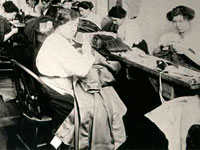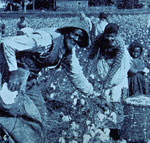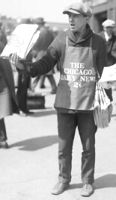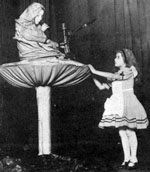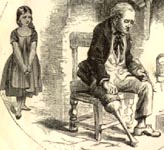The American Road Narrative and the Culture of Mobility
Viewed as everything from an extension of frontier ideology to the expression of counter culture, the road narrative genre has been an enduring and popular American cultural form. Whether mainstream or marginal, road narratives feature a protagonist (or pair) who embraces the geographical freedom represented by the automobile in order to attain a range of other mobilities—from the psychological and sexual to the social and economic. In this seminar, participants will examine this genre in relation to an American ideology of both spatial and social mobility. Beginning with the first transcontinental road novel, published in 1912, participants will look at a range of texts that feature protagonists whose identities vary in relation to class, gender, and race in order to understand how road narratives illuminate an issue of mobility central to their larger historical and cultural moments. To enhance our discussion of the primary sources, participants will view a selection of maps, advertisements, and photographs from the Newberry collections related to road travel.

